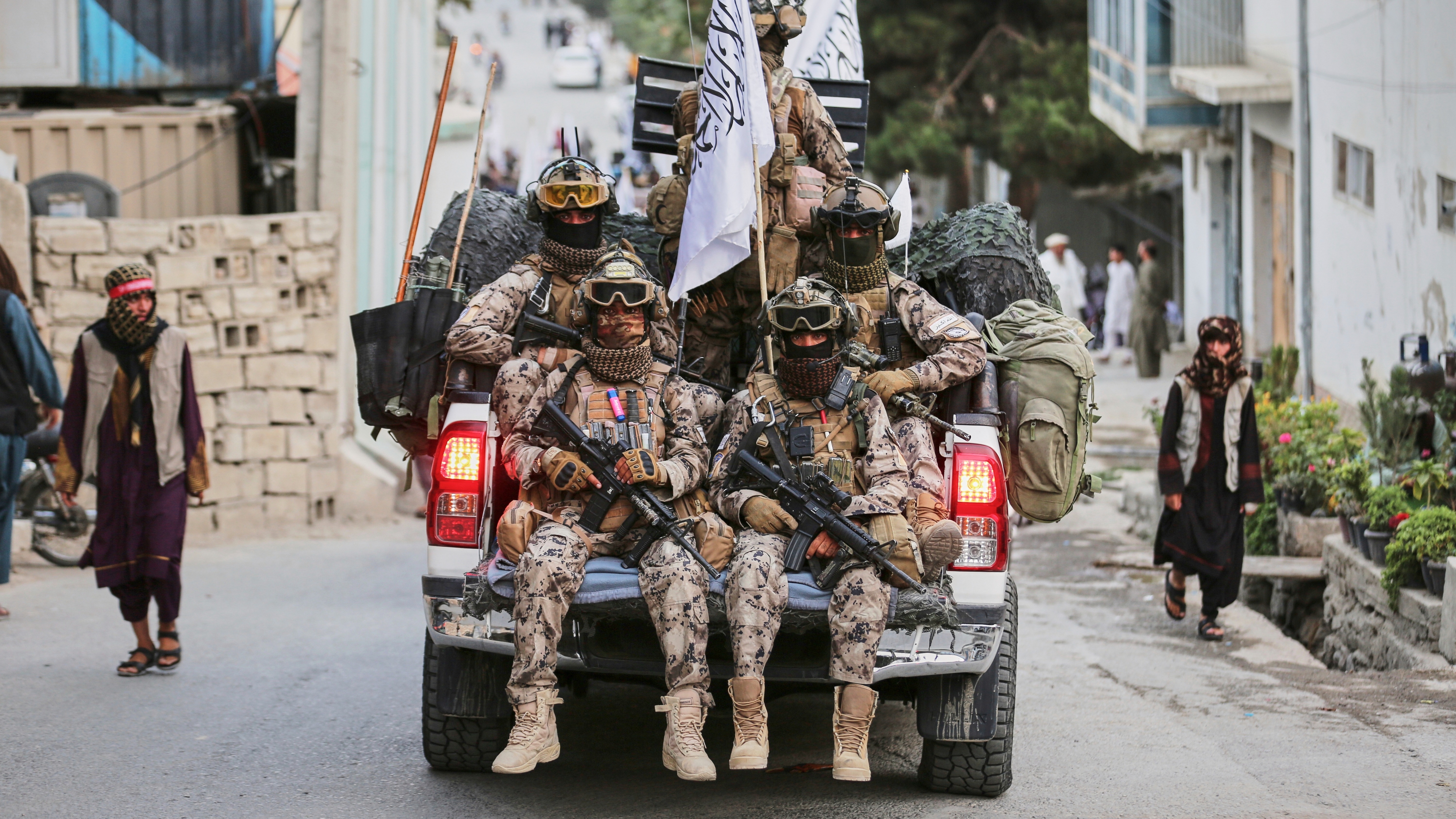Afghanistan has entered a second day of near-total internet blackout, after reports that nationwide fibre-optic services were cut as part of a Taliban crackdown on immorality.
According to internet-access watchdog NetBlocks, online connectivity collapsed to just 14% levels on Monday, marking the first nationwide disruption since the Taliban seized power in August 2021.
Local media outlets and civil society sources have linked the blackout to a Taliban decree earlier this month, in which the group’s supreme leader, Hibatullah Akhundzada, ordered the suspension of fibre-optic services to curb what he described as “immoral activities.”
The Taliban has not clarified what falls under this category, nor has it issued any public acknowledgement of the blackout.
But the government relies heavily on messaging apps and social media for its external and internal communications, making the Taliban’s silence all the more striking.
Communication with the country appears to be impeded, with Afghans abroad telling ITV News partner CNN they were unable to reach family members inside.
The blackout has also begun to impact critical infrastructure, with flights to Kabul airport grounded on Tuesday.
Tracking service Flightradar24 showed several cancellations and dozens of flights listed as “unknown” in and out of Afghanistan’s capital.
The outage has raised fears of a return to the restrictions of previous Taliban rule, which banned television, satellites and other mass communication devices in its war on immorality.
The United Nations mission in the country urged the government to restore internet and telecommunications access across the country, saying the blackout imposed in Kabul has left the nation almost entirely cut off from the outside world.
The internet disruption threatened economic stability and deepened one of the world’s worst humanitarian crises, said the organisation.
It warned that the blackout is crippling banking and financial systems, limiting access to medical care and remittances, and disrupting aviation.
The UN said such restrictions further undermine freedom of expression and the right to information.
It noted that telecommunications are also crucial during disasters – Afghanistan has recently suffered major earthquakes in the east and is struggling with mass forced returns from neighbouring countries.
Vulnerable communities are under particular threat as a result of the internet suspension.
Since the Taliban barred girls from attending secondary school, many have turned to online classes run by educators abroad or supported by charitable organisations.
Women’s rights groups warn the outage could have devastating consequences.
Sabena Chaudhry, communications manager at Women for Afghan Women, said the blackout “is not only silencing millions of Afghans but also extinguishing their lifeline to connect with the outside world.”
Follow STV News on WhatsApp
Scan the QR code on your mobile device for all the latest news from around the country





























